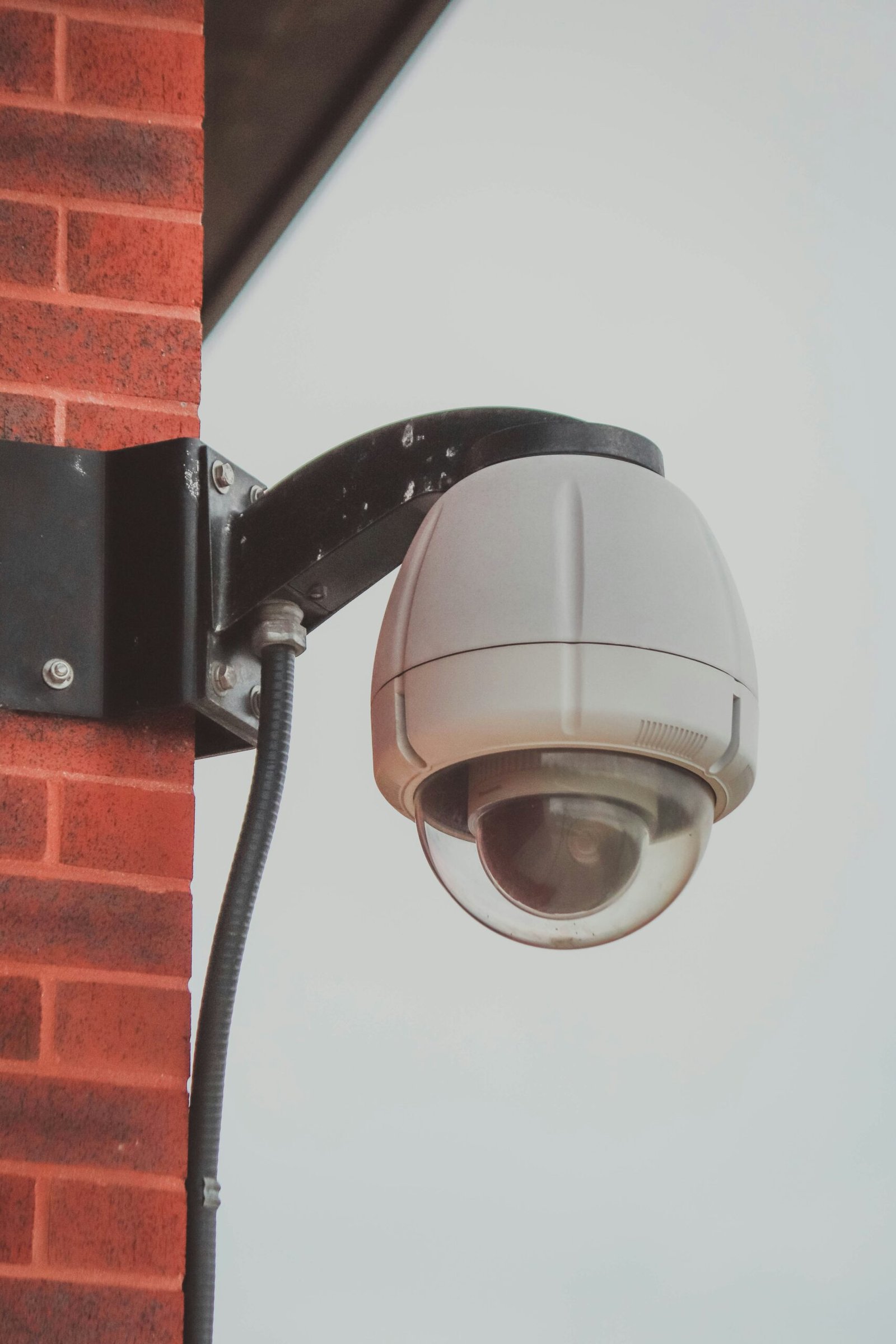
ISC² Cybersecurity Scholarships: Bridging the Skills Gap in the Industry
March 16, 2024
Closing the Gender Gap in Cybersecurity: ISC²’s Initiatives to Foster Diversity and Inclusion
March 16, 2024The Psychological Impact of Cybersecurity Threats
In today’s digital age, cybersecurity threats have become a constant concern for individuals and organizations alike. As technology advances, so do the methods used by cybercriminals to exploit vulnerabilities and gain unauthorized access to sensitive information. The ever-present risk of cyberattacks can have a significant psychological impact on cybersecurity professionals who are tasked with protecting valuable data and systems.
One of the primary sources of psychological strain for cybersecurity professionals is the constant pressure to stay one step ahead of cybercriminals. With new threats emerging daily, these professionals must constantly update their skills and knowledge to effectively defend against attacks. This perpetual state of vigilance can lead to feelings of anxiety, stress, and burnout.
Moreover, the consequences of a successful cyberattack can be devastating. Cybersecurity professionals are acutely aware of the potential financial, reputational, and legal implications of a breach. The fear of failure and the responsibility they bear can cause immense pressure and contribute to feelings of inadequacy and self-doubt.
ISC²’s Response: Supporting Mental Well-being and Resilience
Recognizing the psychological impact of cybersecurity threats on its members, ISC², the world’s leading cybersecurity professional organization, has taken proactive measures to support the mental well-being and resilience of its members.
1. Education and Training
ISC² provides its members with access to a wide range of educational resources and training programs. By continuously updating their skills and knowledge, cybersecurity professionals can feel more confident and better equipped to address emerging threats. This ongoing education also helps to alleviate some of the anxiety and stress associated with the rapidly evolving cybersecurity landscape.
2. Peer Support and Networking
ISC² fosters a strong sense of community among its members, providing opportunities for networking and peer support. Cybersecurity professionals can connect with others who understand the unique challenges they face, share experiences, and exchange advice. This sense of camaraderie can be invaluable in reducing feelings of isolation and building resilience.
3. Mental Health Resources
ISC² recognizes the importance of addressing mental health concerns among cybersecurity professionals. The organization offers resources and programs focused on promoting mental well-being, stress management, and work-life balance. By prioritizing mental health, ISC² aims to create a supportive environment where professionals can thrive both personally and professionally.
4. Advocacy and Awareness
ISC² actively advocates for the recognition of the psychological impact of cybersecurity threats. The organization raises awareness about the challenges faced by cybersecurity professionals and works to destigmatize mental health issues within the industry. By promoting open discussions and encouraging employers to prioritize mental well-being, ISC² aims to create a healthier and more resilient cybersecurity workforce.
Conclusion
The psychological impact of cybersecurity threats on professionals cannot be underestimated. The constant pressure, fear of failure, and responsibility to protect valuable data can take a toll on their mental well-being. However, organizations like ISC² are leading the way in supporting the mental health and resilience of cybersecurity professionals. Through education, peer support, mental health resources, and advocacy, ISC² strives to create an environment where professionals can thrive and effectively combat cyber threats. By addressing the psychological impact of cybersecurity threats, we can ensure a stronger and more resilient cybersecurity workforce.



